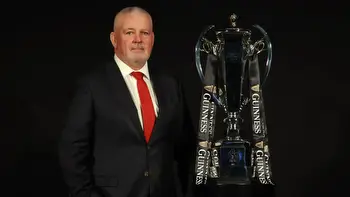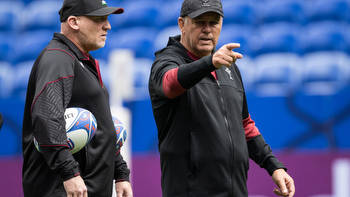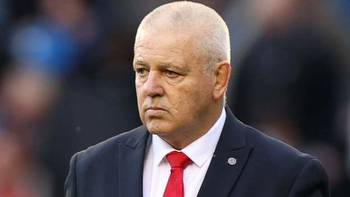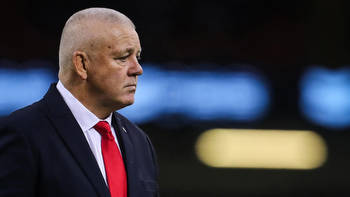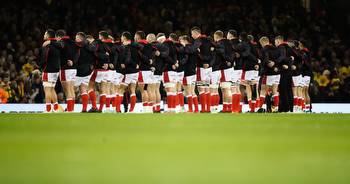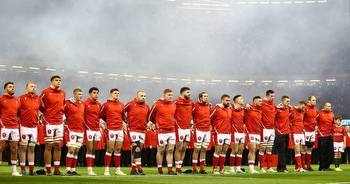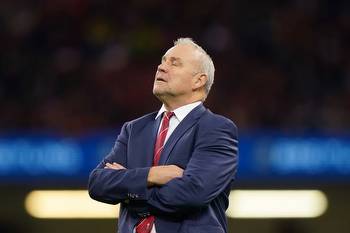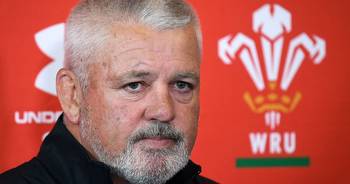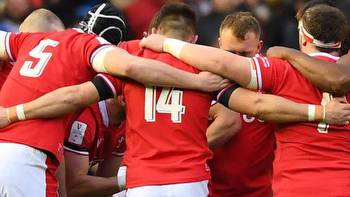Loose Pass: Welsh rugby teetering on the precipice
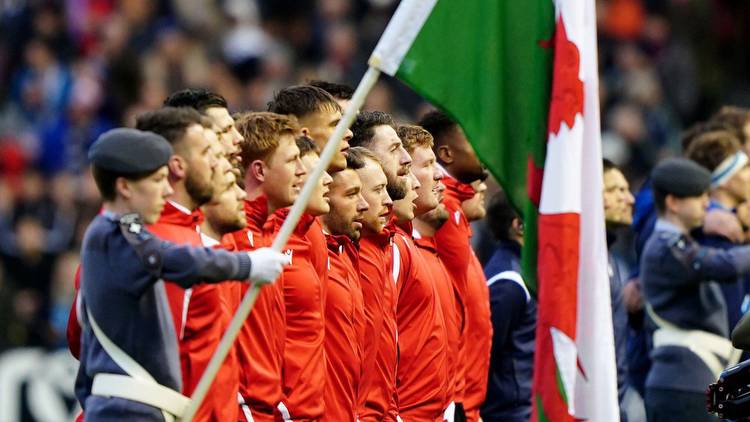
This week we will mostly be concerning ourselves with the problems in Wales…
It would, in a normal year, be one of the most-anticipated clashes in the Six Nations. Songs are named after Wales’ attitude to the England fixture and its significance to the national mood; for England, the trip up the M4 to Cardiff is one of the great Tests of mental fortitude on the calendar.
It may not go ahead this year. If it does, it will be on a background having very little to do with the tribal rivalry between the two and quite a bit more to do with how ‘up for it’ the Welsh players really are. Welsh rugby goes periodically through some internal political spasms, but this one feels very different.
Wednesday is D-day
D-day for the international players to call a strike is Wednesday, with the threat serious enough for Warren Gatland to delay naming his starting XV. Warning shots had already been fired by the players, who walked out of a sponsors’ dinner early and en masse last week before shooing away the Netflix documentary cameras a few days later.
The third strike, so to speak, looms. As does the fourth: Welsh Rugby Players’ Association Chair and Dragons winger Ashley Hewitt has noted that every professional player in Wales may strike from February 28 if a new six-year financial framework is not in place.
Often within these things there seems to be an obvious solution at the very least, not to mention an obvious baddie to sit in the stocks and pelt with rotten fruit. The players have gone, are still going, to great lengths to portray their masters at the WRU as such. It is just not that simple.
As well as facilitating the national team to perform at its maximum capabilities, the union does have further responsibilities: balancing the books and ensuring that all of the teams within its jurisdiction are able to perform too. The biggest problem being faced by all here seems mostly to be that the last two aspects and the first one are governed by different economics; indeed, the current dispute focuses directly on the mutual exclusivity of some of the regulations the union has put in place.
For example: the 60-cap rule. Scrap it and a fair number of Welsh players would be likely to leave for the more opulent pastures of France and England, even Japan, which would have a detrimental effect on both the regions’ performances and popularity. The rule ensures that seasoned, peak-career internationals players do stay in Wales, but the money required to keep them there is no longer competitive, relative to what is on offer in France especially.
How does the union, with responsibilities to both camps, sort that one out to the satisfaction of all? Does it open the floodgates to an exodus of star, attendance-drawcard players and risk the regions becoming greatly weakened? Or break the bank to keep them, but risk the financial security of the domestic game as a whole?
On a basic level, the contracts offered to the players in monetary terms – across the regions, it should be noted, not just to the international squad members – reflect the financial situation of the Welsh Rugby Union (WRU), rather than merely some form of shoddy penny-pinching. The players have every right to feel aggrieved that they could get more elsewhere, that the contracts offered are less secure than elsewhere and that the issue has not been resolved timeously, but the union also has every right not to offer more than it has.
Under this pressure, the union has made some grave mis-steps in its offered contracts. The inter-region loan clause, under which players contracted to the WRU could be loaned out from one region to another was economically a solution to gluts of injuries, but it goes strongly against rugby’s values of team togetherness, identity, internal competition and so on. A capability clause, whereby players deemed to be ‘under-performing’ could wind up with mid-season pay cuts or terminations, was palpable drivel. The whole process should quite clearly have been addressed months ago; it should not be beyond the wit of the WRU to know how its finances stand ahead of next year. And all this against the background of Gatland’s expensive recruitment, not to mention the ugly revelations surrounding the WRU’s locker-room in the boardroom culture – something which put the brakes on the whole process. Trust was already at a premium.
There has been a lack of engagement with players, it seems also a lack of information. It would appear that a lot of this has been rushed through with the aim of pressuring panicking players into accepting unfavourable terms simply to secure their futures. The union does not come out well from this.
Other countries also feeling the pinch
But Wales is not the only place feeling the financial pinch. England’s Premiership has reduced its salary cap. New Zealand has long since become mighty creative with its contracts in order to retain its finest players. South Africa has scrapped its overseas player rule, Australia’s Giteau rule becomes less set in stone by the year. Even France, with the richest league in any of the major nations, has capped salary levels and ensured that teams do more to recruit and develop locally. If the union does not have the money, it does not have the money. The attempts to tailor the contracts were mostly clumsy and ill-advised, but the reality behind it will not change.
Mr. Gatland himself has noted that while he supports his players’ ire over the conditions of the contracts offered, he also believes that players will end up needing to accept lower wages to keep the sport in Wales alive financially.
There is no good solution here. The union cannot spend money it does not have, but it rarely fosters trust, cohesion or togetherness when financial cuts loom. Financial distress also often causes inaction, which has clearly happened here. When the mess is resolved, the WRU will need to ask about its management. But the most important aspect for all concerned right now is to get it sorted fast, not for the sake of the England game, but for the sake of the players whose futures are most threatened and for the future of one of the game’s most storied nations.

